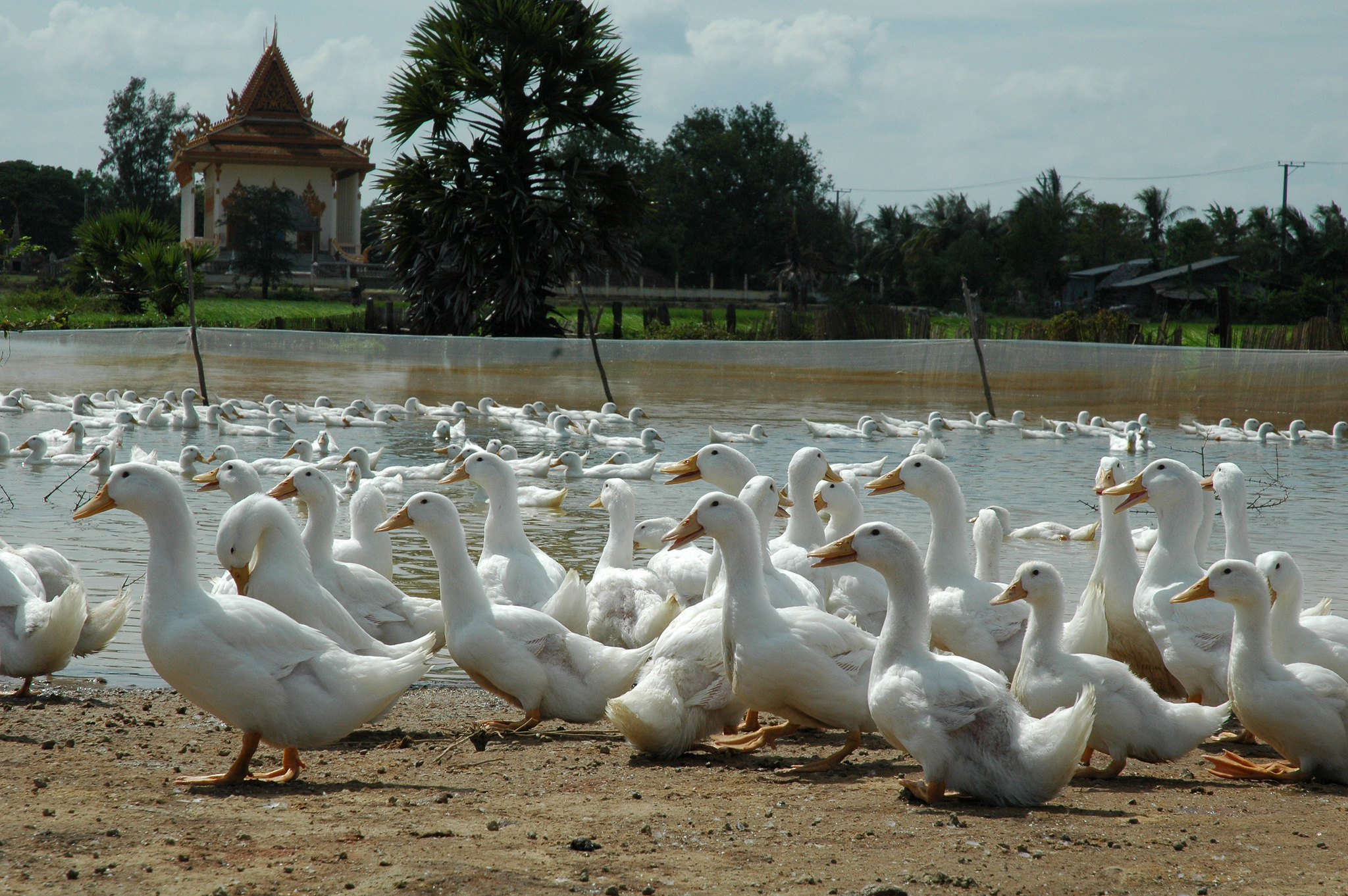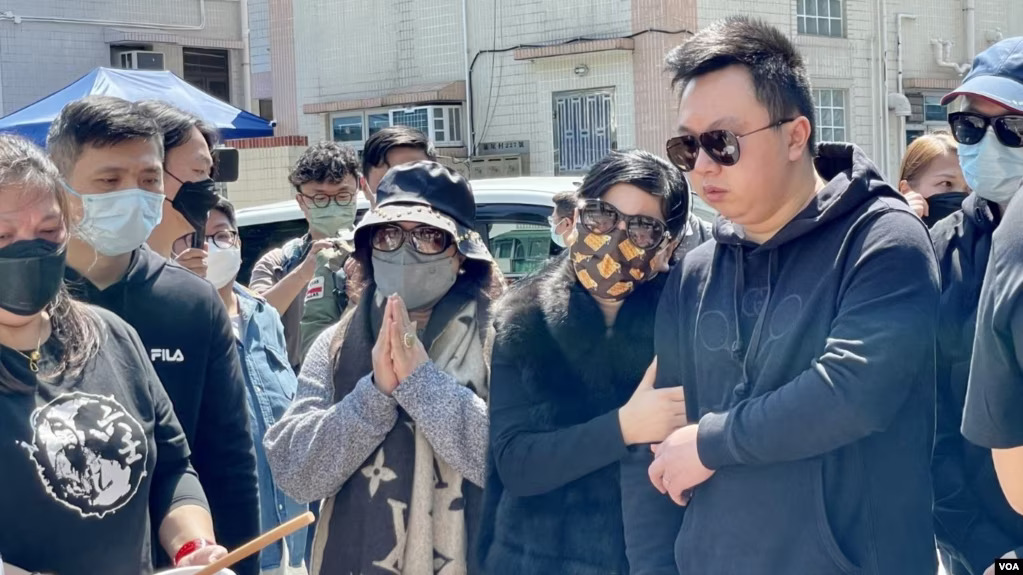
WHO’s concern over the human-to-human transmission of avian influenza has triggered due to the discovery of 2 cases in a Cambodian household. On February 22, an 11-year-old Cambodian girl infected with the H5N1 strain of avian flu died, and her father also tested positive the following day. However, after the latest investigation, the Health Ministry determined that there is no indication or evidence of transmission from each other; rather, both got infected in local poultry, highlighting the potential risks associated with consuming such products.
This case is particularly concerning as the girl was the first recorded case since the national outbreak in 2014, and it remains unclear why this case occurred after such a prolonged period of no reported cases. Since 2003, Cambodia has confirmed 58 cases of human infection with the H5N1 virus, resulting in 38 deaths. The flu is a highly infectious viral disease that affects birds, chickens and ducks and occasionally infects humans who come into close contact with infected birds.
While interhuman transmission is still rare, WHO has cautioned that we cannot assume this will remain the case and must be ready for any changes. Currently, no vaccine is available to protect humans against all strains of bird flu, and the development of such a vaccine is a complex and ongoing process. Up til now, it is important to note that prevention and control measures, such as proper handling and cooking poultry, practising good hygiene, and avoiding contact with sick birds, are the most effective ways to reduce the risk of human infection.

Abby Choi, a famous socialite and model of 28 years old in Hong Kong, has been found dismembered on the 25th of February, two days after being reported missing. She leaves two children behind.
Her ex-husband has been arrested the day after the gruesome discovery, attempting to flee the country. He has been put in custody without bail along with some of his family members (father and brother). A woman influencer in Hong Kong has also been arrested on suspicion of trying to help her ex-husband to flee the city by boat. At the same time, the ex-husband’s mother has been charged with perverting the court of justice after intentionally hiding possible evidence.
While the motive of such a heinous act remains relatively unknown, it is speculated it all stemmed from a financial disagreement about Abby’s handling of her assets. Abby Choi’s ex-father-in-law is set to appear in court under the alleged theft of 39 necklaces, 32 bracelets, 13 gold bars, 102 gold grains, six pendants, and 10 taels of gold spamming over the course of decades. Furthermore, her ex-in-laws have also been trying to seize one of Abby’s flats in an exclusive neighbourhood of Hong Kong in order to resell it. As many of you might know, space is scarce in Hong Kong. The flat is estimated at HK$ 73 million.
This crime resonates in the consciousness of many inhabitants with the Hello Kitty murder case, an infamous true crime which shook the city in 1999. This case resonates with many past dismemberment cases in Hong Kong, which seems to be prone to that kind of criminal act. According to specialists, it is because “there is no space to hide a body” in this giant skyscraper city.

It has been more than one year since the Russian invasion of Ukraine has begun. In the following weeks and months, several countries sent help to Ukraine in the form of military, humanitarian and money supplies. Japan is one of those countries operating through the Japan International Cooperation Agency (JICA). According to the Borgen Project, until now, Japan focused its help on 3 points:
As part of that initiative, they signed the Official Development Assistance (ODA) contract, which gave 78 billion yen in economic support (~560 million USD). In addition to several other hundred of million USD in humanitarian assistance.
Nonetheless, on Monday the 20th, Prime Minister Kishida promised an additional 5.5 Billion USD to Ukraine, strongly reinforcing its indirect implication in the conflict.
This action bears an important political message. By considering the world through the binary lens of democracies against autocracies, Japan reasserted its belonging to the first category. Moreover, as a geographically close neighbour of Russia and other authoritarian regimes like the People’s Republic of China and North Korea, Japan is investing in containing what it perceives as the “‘most severe’ security environment since World War II”, reports CNN. Therefore we can say that Japan - the 3rd biggest world economy - is consistently keeping on its politics of being more present in security-related topics in rupture with post-World War II policies. Kishida said that Japan would “lead the world’s efforts to uphold a free and open international order based on the rule of law,” relayed the Japanese Time.
A court in South Korea ruled in favour of a same-sex couple, allowing them equal rights to health insurance. This ruling celebrates the first time the East Asian country has recognized the legal status of a heterosexual couple.
In early 2020, Kim Yong-min registered himself as the spouse dependent of So Sung-uk on So’s health insurance plan. The couple previously held a symbolic wedding ceremony in 2019. When their story was published, the National Health Insurance Service (NHIS) denied Kim’s status as a dependent, on the grounds that the couple were not legally married.
Kim and So initially filed a petition in January 2022; however, a lower court denied their bid, citing a lack of legislative recognition of same-sex partnerships in the Republic of Korea. The Seoul High Court, on the other hand, found that the NHIS law does not apply to specific common law couples, and that the NHIS decision was an act of discrimination on the basis of sexual orientation. In response, the NHIS plans to appeal the Seoul High Court’s ruling to the Supreme Court.
The decision was warmly welcomed by the petitioners and LGBTQ+ activists, with some emphasising the significance of the ruling. Boram Jang from Amnesty International views this decision as South Korea’s “closer move to achieving marriage equality.”
South Korea still has a long way to go before becoming on par with other wealthy democracies in terms of LGBTQ+ rights. The 2019 Franklin & Marshall Global Barometer of Gay Rights found that the average OECD nations were ranked with a B grade, while South Korea was given an F, the same as Poland and Turkey.